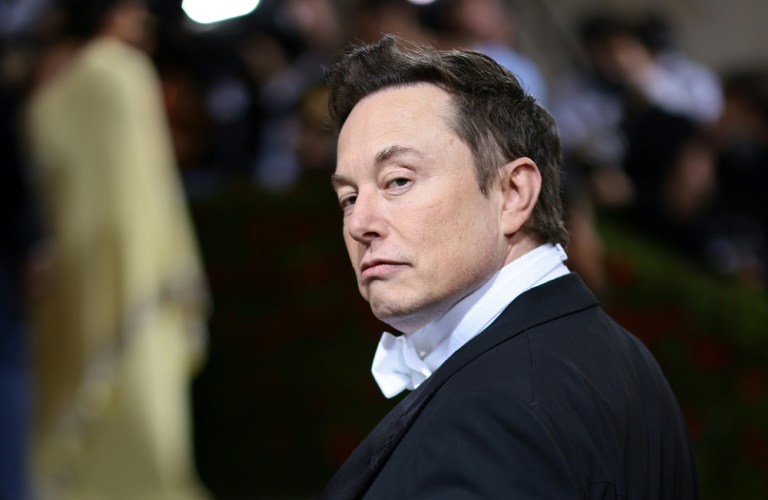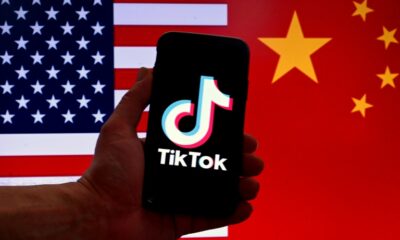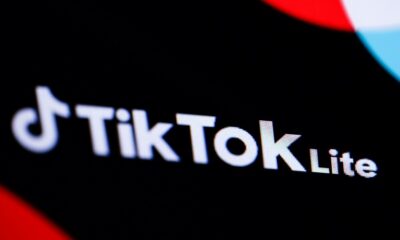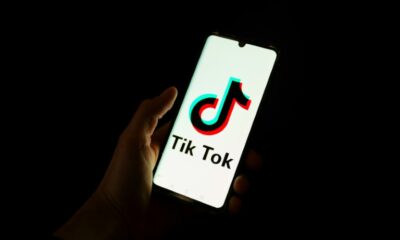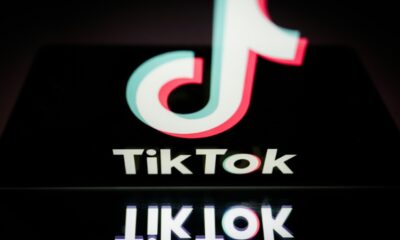Word of more layoffs at Twitter came Monday as its owner Elon Musk waded into a racism controversy giving advertisers more reason to steer clear of the struggling platform.
“It’s as though Elon Musk is on a whirlwind tour to try to put Twitter out of business,” said independent tech analyst Rob Enderle of Enderle Group.
“All he has to do is keep quiet, but he has to constantly spout stuff that alienates advertisers.”
Musk called US media “racist” on Sunday after multiple American newspapers announced they would stop publishing a popular comic strip whose creator called Black people a hate group.
Musk, chief of electric car maker Tesla, aerospace firm SpaceX and Twitter, made his comment in regard to backlash to a rant by Scott Adams, creator of the long-running “Dilbert” — a satirical take on office life.
“For a *very* long time, US media was racist against non-white people, now they’re racist against whites & Asians,” Musk wrote in a post at Twitter, where he has reinstated users banned for hate speech.
“Same thing happened with elite colleges & high schools in America. Maybe they can try not being racist.”
Under Musk’s leadership, Tesla has been hit with multiple lawsuits alleging racism and researchers say hate speech has flourished at Twitter.
Adams, like Musk, has increasingly stoked controversy with his views on social issues.
But a video posted last week — in which Adams referred to Black people as a “hate group” that white people should avoid — proved to be the last straw for many “Dilbert” publishers.
Musk has repeatedly contended that population collapse threatens humanity, despite projections by the United Nations that the number of people on the planet will grow to more than 10 billion in coming decades.
More than half of that population growth is expected to take place in Africa, according to a United Nations report.
– Blue team blues –
The New York Times reported that Twitter has laid off at least 200 employees, or 10 percent of its workforce in a fresh round of layoffs that include product managers, big data experts and engineers working on machine learning and platform reliability.
Twitter did not immediately confirm the reports when contacted by AFP.
Esther Crawford, in charge of the social network’s product development, was one of the employees let go, according to the Times.
Crawford was among the few remaining Twitter executives from before its October acquisition by Musk who had not resigned or been fired.
Head of the new Twitter Blue verification program, she had been a staunch supporter of Musk and the company, going so far as to retweet a photo of herself sleeping in a sleeping bag at her workplace.
“The worst take you could have from watching me go all-in on Twitter 2.0 is that my optimism or hard work was a mistake,” she wrote on Twitter.
Since Musk took ownership of Twitter, the platform has been riven by chaos, with mass layoffs, the return of thousands of banned accounts and major advertisers fleeing.
The app has also seen a string of technical snafus, including an incident where tweets by Musk suddenly dominated the feeds of millions of users, even those not following the tycoon.
In another recent incident, thousands of people reported problems using Twitter as the social network began letting paying users post tweets as long as 4,000 characters.
Meanwhile, Musk has encouraged users to communicate more freely on Twitter and said the site would impose the least amount of censorship allowed by law.
“Right now, you would have to be an idiot to advertise on Twitter,” analyst Enderle said of the potential for marketing messages to appear near vile or harmful tweets.
“There is just too much downside risk of damaging your brand and alienating your customers.”

 Business5 months ago
Business5 months ago
 Business4 months ago
Business4 months ago
 People4 months ago
People4 months ago
 Events3 months ago
Events3 months ago
 Events6 months ago
Events6 months ago
